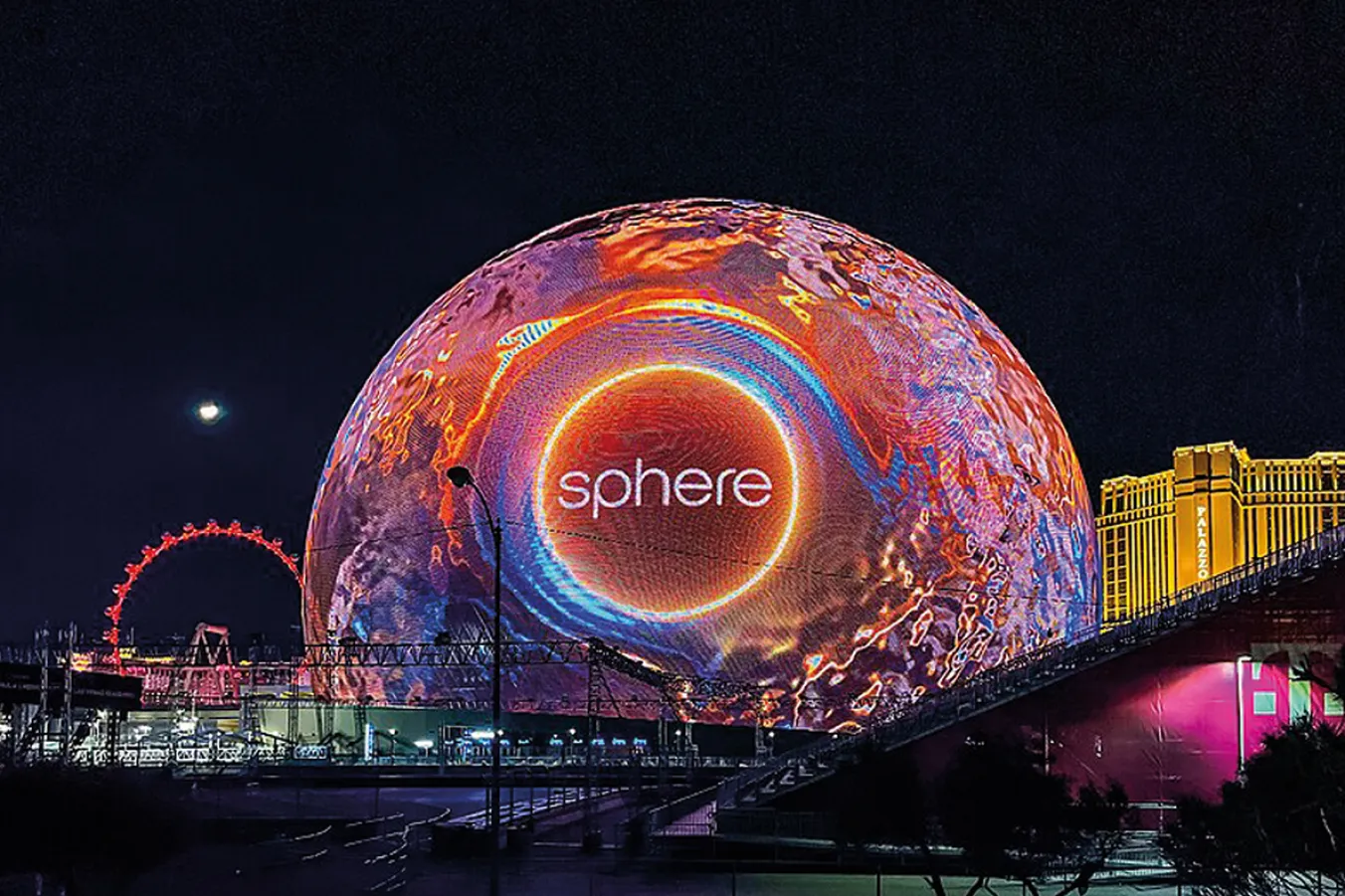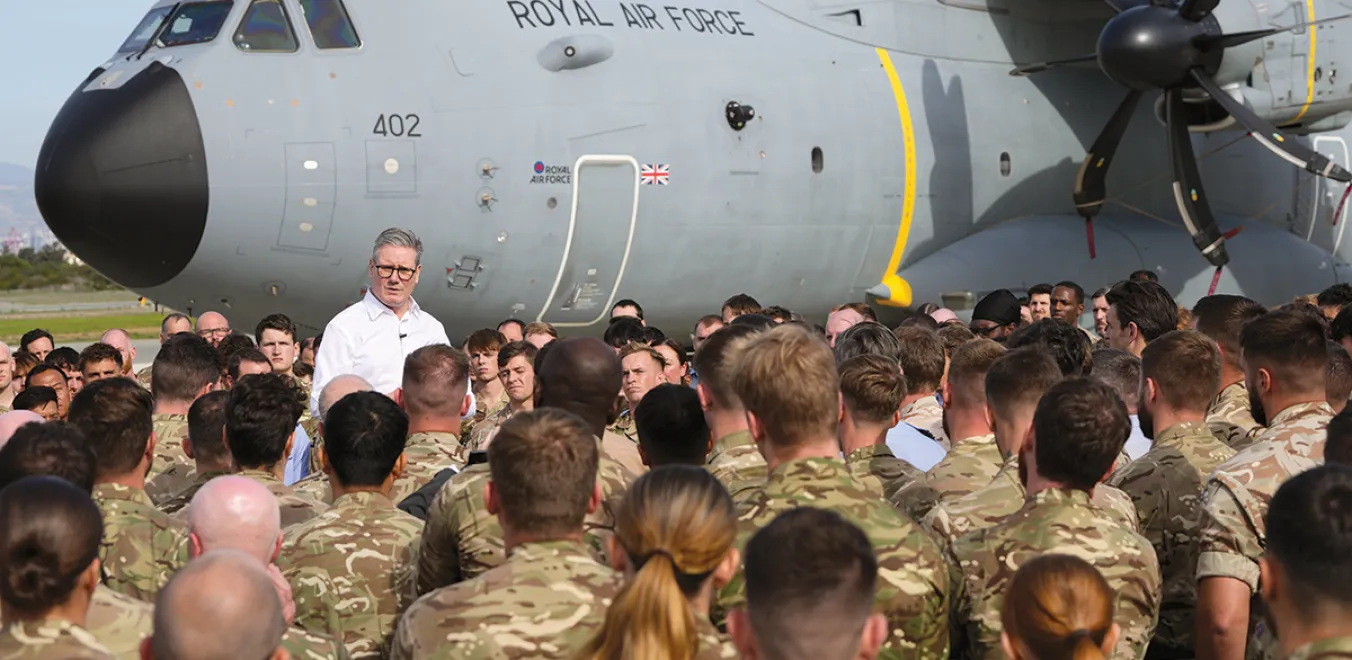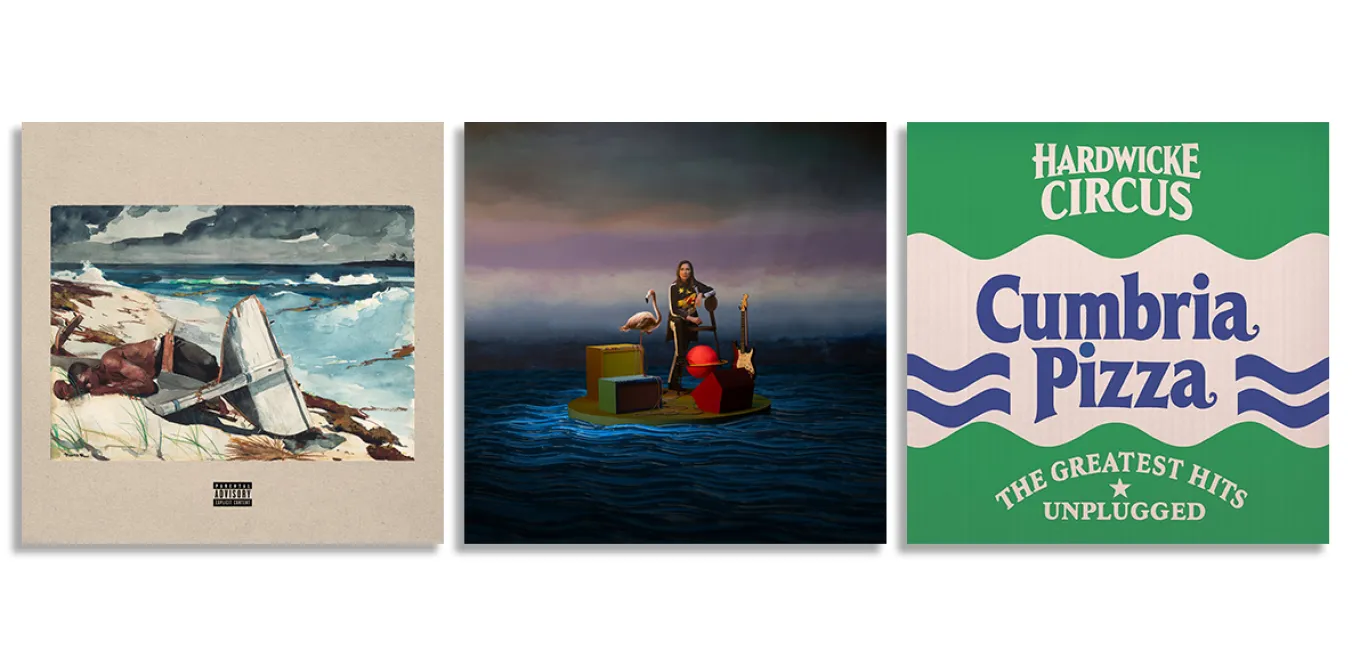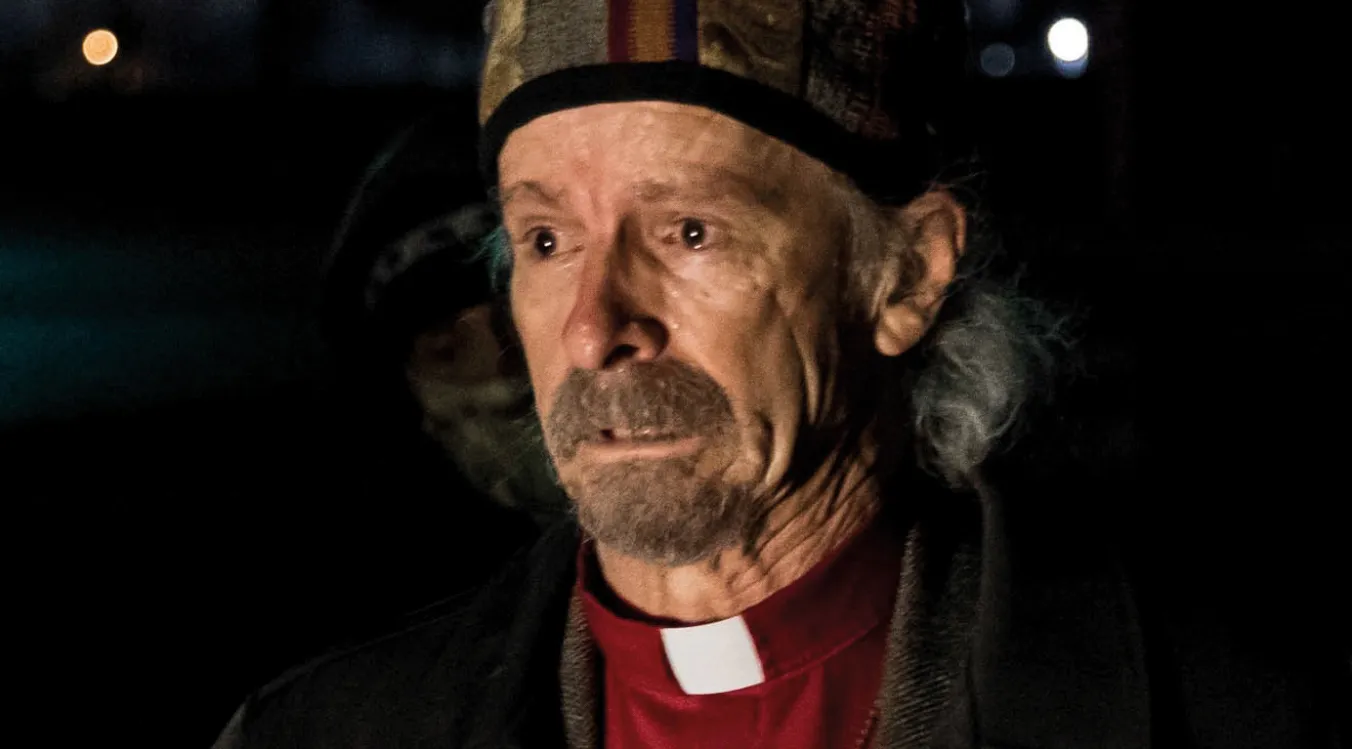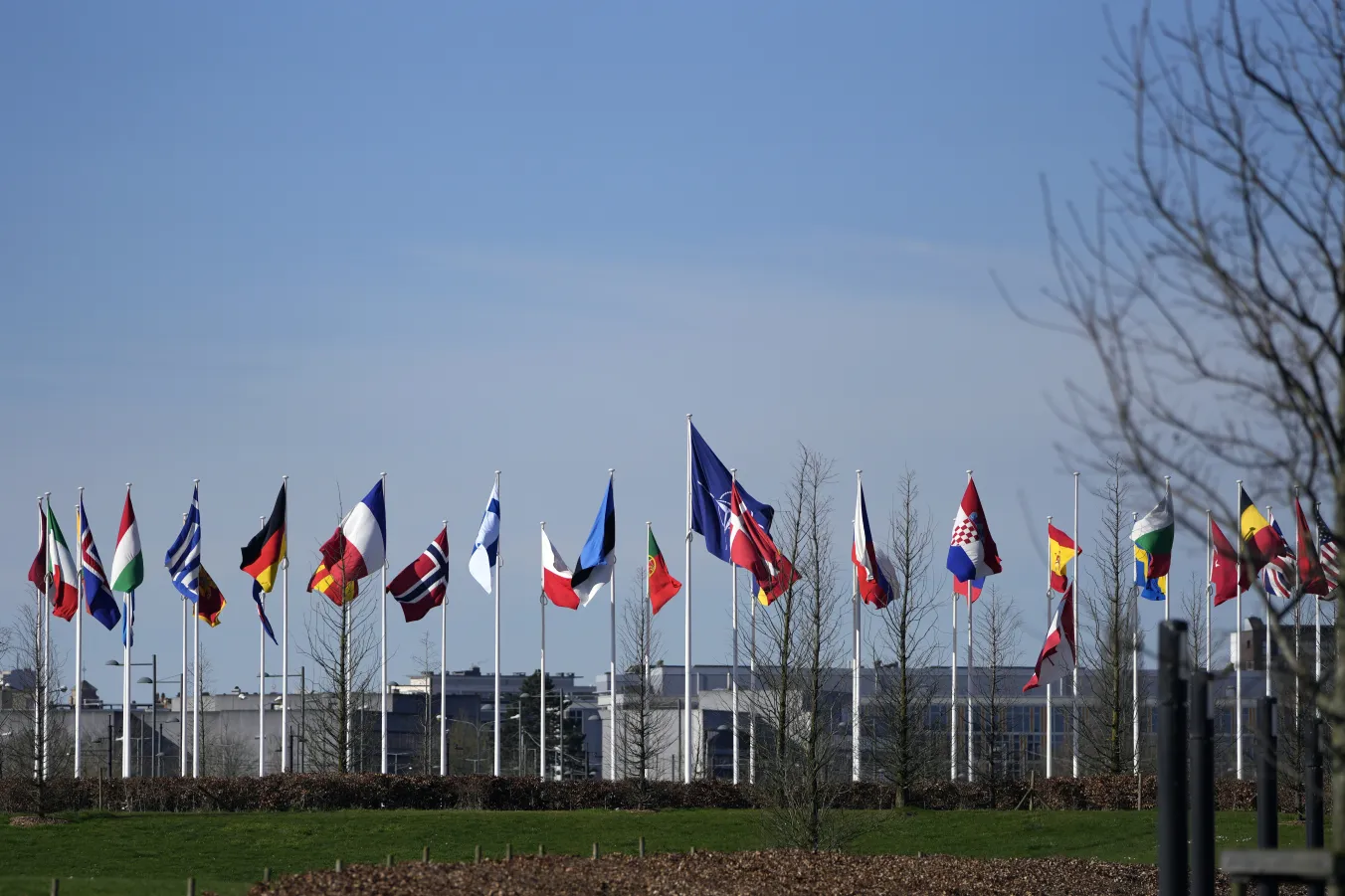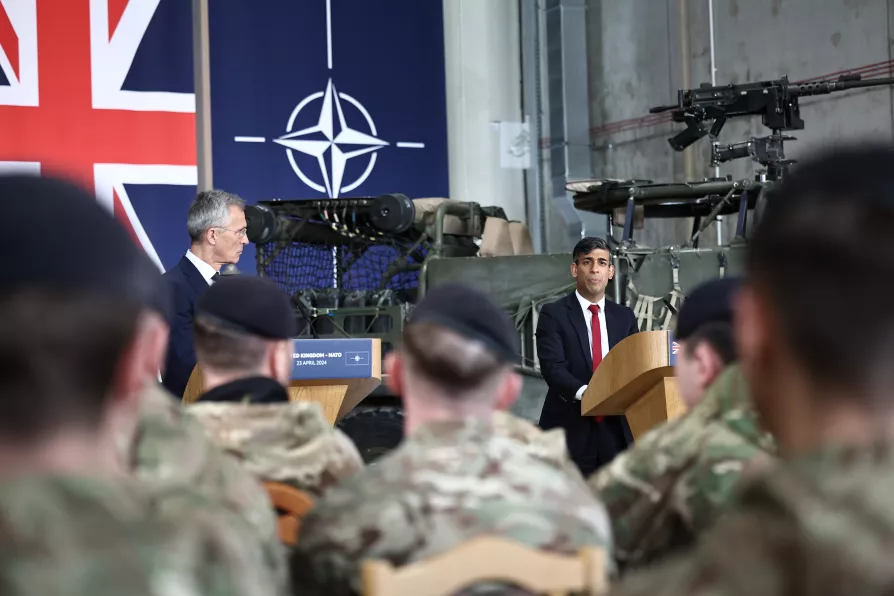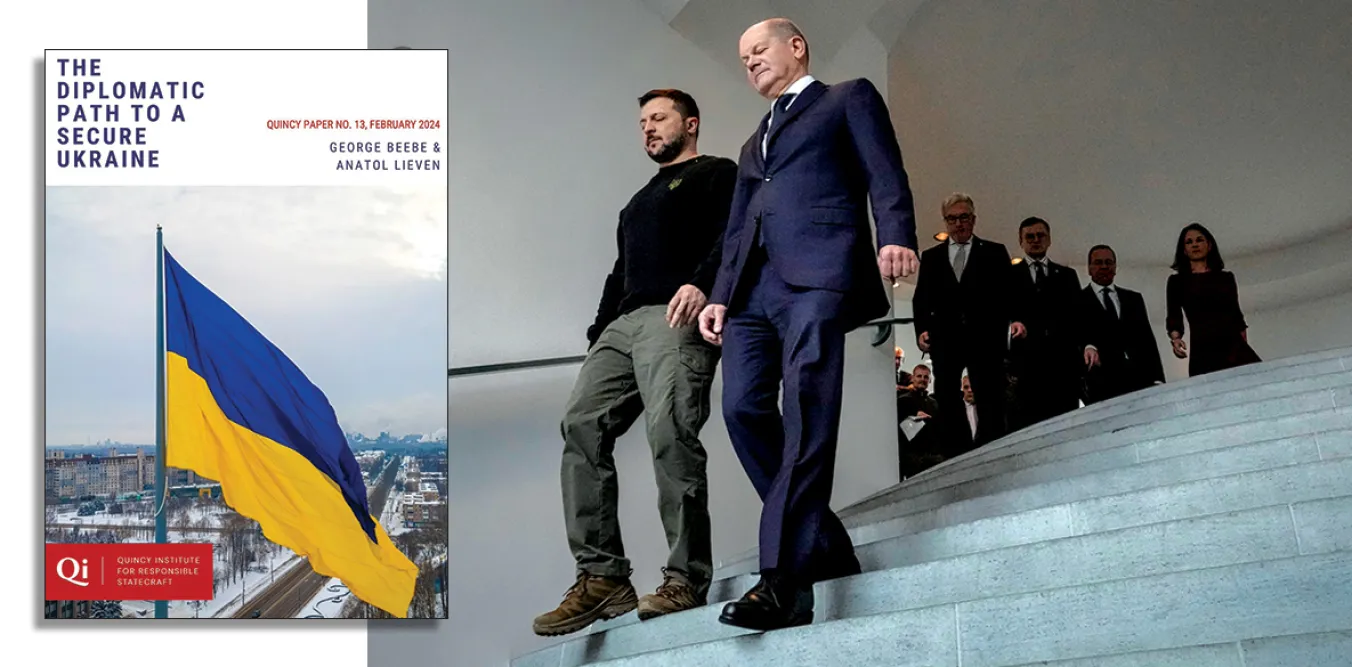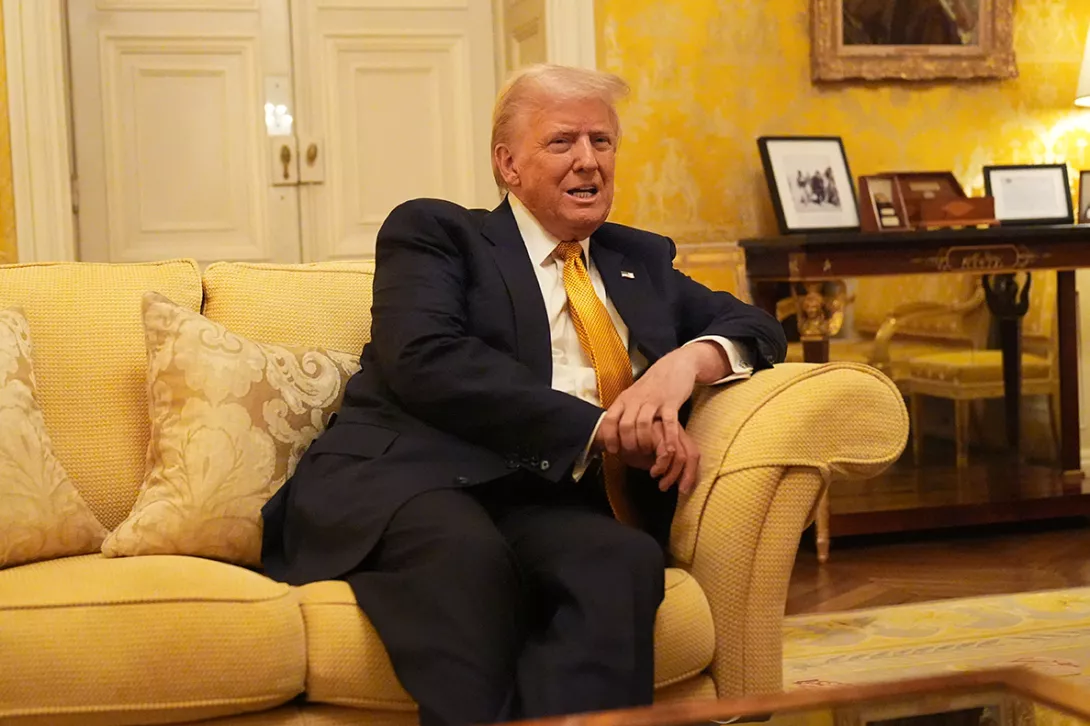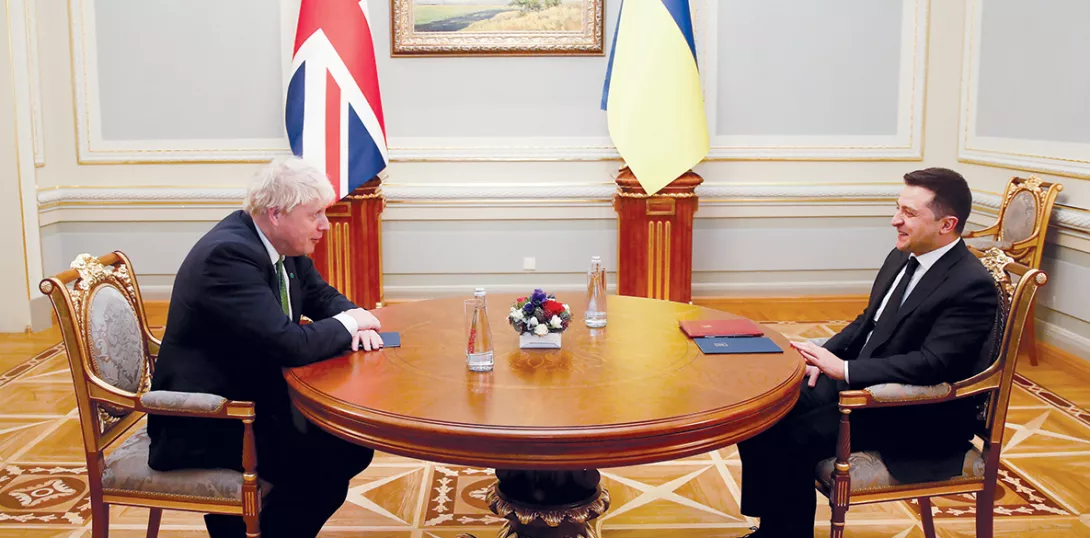
WITH Russia and Ukraine seemingly trapped in a bloody stalemate, a new peer-reviewed journal article provides an important insight into the Western media’s reporting of the war.
Dr Florian Zollmann, a Senior Lecturer in Journalism at Newcastle University, has conducted a quantitative and qualitative content study of how the causes of the 2022 invasion of Ukraine were framed in the British, US and German press in the first two weeks of the conflict.
Zollmann, who is also the author of the essential 2017 book Media, Propaganda and the Politics of Intervention, notes two competing explanatory frameworks have been presented to the public.
The first is the official narrative pushed by Western governments and much of the news media: Russia is responsible, with Russian President Putin pursuing an imperialist and expansionist “Greater Russia” policy.
The second narrative, endorsed by high-level Western diplomats, many historians and some journalists, “suggests Western co-responsibility in the sense that Nato expansion provoked the invasion.”
Anyone who has opened a newspaper, looked at a news website or turned on the television since February 2022 will be familiar with the first framing. Paul Mason and other liberal interventionists have been vigorously pushing this line, calling for ever more US and British military support to Ukraine.
The second narrative is supported by a wealth of expert testimony. In 1997 George F Kennan, one of the most revered diplomats in US history, argued “expanding Nato would be the most fateful error of US policy in the entire post-cold-war era.”
Zollmann quotes the respected cold war historian John Lewis Gaddis who, writing about Nato expansion in 1998, says he could “recall no other moment in my own experience as a practicing historian at which there was less support, within the community of historians, for an announced policy position.”
Likewise, when he was US ambassador to Moscow in 2008 the current CIA Director William J Burns warned “Ukrainian entry into Nato is the brightest of all red lines for the Russian elite (not just Putin).”
He continued: “In more than two and a half years of conversations with key Russian players, from knuckle-draggers in the dark recesses of the Kremlin to Putin’s sharpest liberal critics, I have yet to find anyone who views Ukraine in Nato as anything other than a direct challenge to Russian interests.”
And just last year Nato secretary-general Jens Stoltenberg told the European Parliament that President Putin “went to war to prevent Nato, more Nato, close to his borders.”
So what are Zollmann’s conclusions? “Overall, the press across the countries [Britain, US and Germany] … emphasised frames that depicted Russian actions as an aggressive war to foster Russia’s imperial interests.”
At the same time, “the press de-emphasised frames that depicted Russia as a country with a national interest struggling against Nato expansion.”
The German press published the least number of articles critical of Nato’s role. Some questioning pieces did make it into the comment pages of the US and British press, though Zollmann notes “on a macro-level, such commentaries were scattered deviations from the dominant range of permissible opinion.”
This press consensus, Zollmann argues, “was facilitated by the fact that the Russian invasion was obviously criminal, reckless and unjustifiable” (elsewhere he notes it was “a crime of aggression” under international law).
Nevertheless, it’s a serious problem if the press downplays a crucial explanatory framing confirmed by the diplomatic and historical record.
Moreover, this memory holing has wider implications. Zollmann: “The dominant causal framing links to remedies that have been evoked to solve the conflict,” with Western governments and the news media focusing on military rather than diplomatic solutions.
The media’s war bias continues regardless of a December New York Times report noting Putin has signalled, through intermediaries, that he is open to peace negotiations on three occasions — in March-April 2022, autumn 2022 and September 2023.
